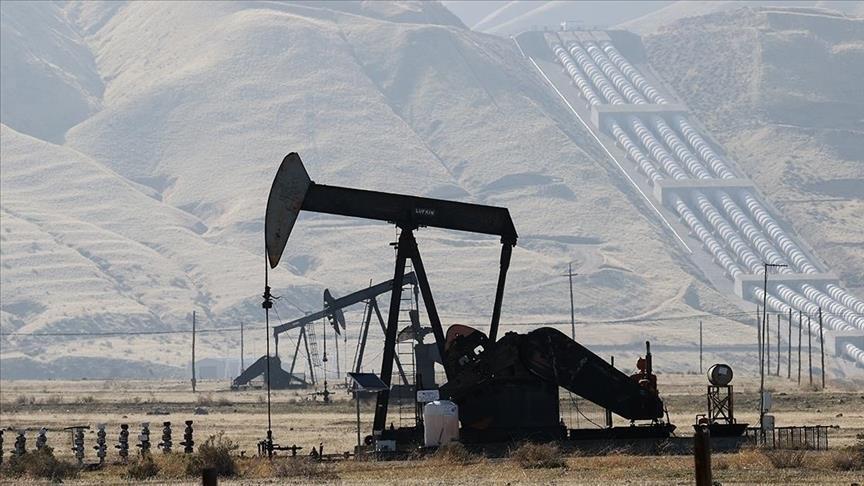Oil prices decreased on Thursday after supply concerns eased in Libya and lingering demand worries in China despite efforts to stimulate the economy, while data showing a decline in US crude oil inventories limited further price falls.
International benchmark Brent crude decreased by 2.5% to $71.19 per barrel at 10.10 a.m. local time (0710 GMT), down from the previous session’s close of $73.02.
US benchmark West Texas Intermediate (WTI) fell by 2.5% to $67.88 per barrel after closing at $69.65 in the prior session.
The UN Support Mission in Libya announced Wednesday that Libya’s House of Representatives and the High Council of State in Tripoli reached an agreement to appoint the head and deputy of the Central Bank.
The eastern-based Libyan Government, headed by Osama Hammad had declared ‘force majeure’ in all oil fields, ports, and institutions and the suspension of oil production and exports due to disagreements over the management of the Central Bank in August.
The expectation that oil production will return to normal levels with the stabilization of the country put downward pressure on oil prices.
Meanwhile, the concern that the stimulus plan announced in China will not be enough to stir economic movement continues to impact oil price decline. Analysts worry that weak crude oil demand in the world’s largest oil importing country will lower global demand.
Experts say the People’s Bank of China (PBoC) needs to announce a more concrete fiscal approach to support economic growth in the nation.
Meanwhile, the fall in US commercial crude oil reserves limited downward price movements by reflecting market perceptions of a stronger domestic demand.
Data from the US Energy Information Administration (EIA) released late Wednesday showed a significant drop in US crude oil inventories.
US commercial crude stocks fell by around 4.5 million barrels to 413 million barrels for the week ending Sept. 20, higher than the market prediction of about 1.3 million barrels draw.
Over the same period, gasoline inventories fell by around 1.5 million barrels to 220.1 million barrels.

